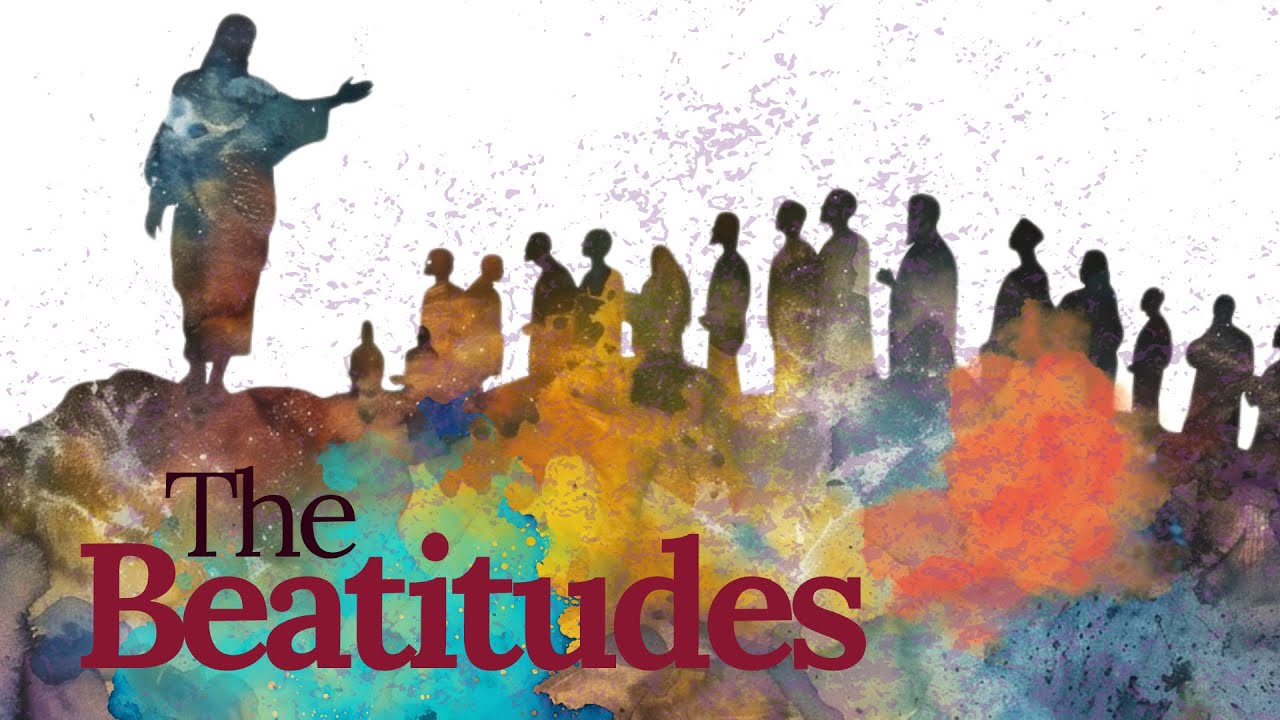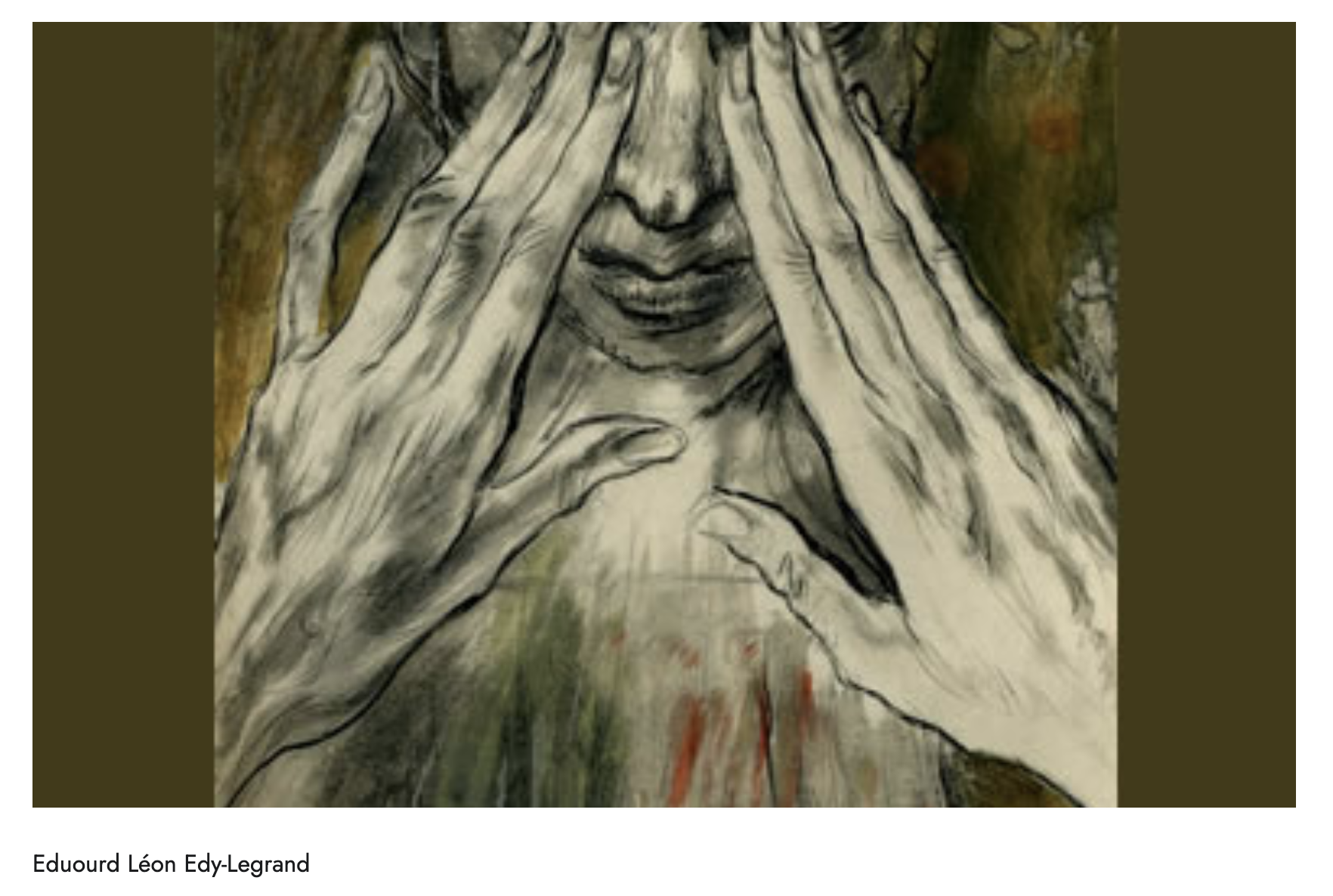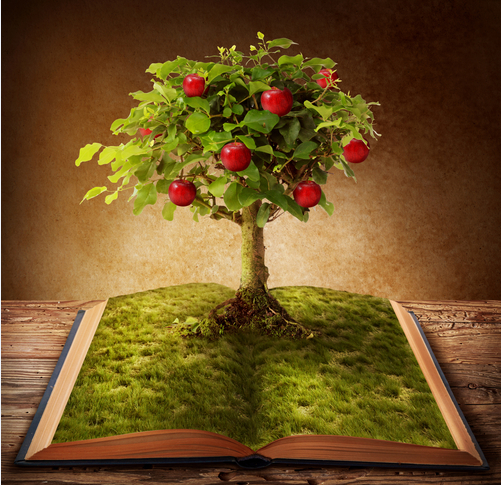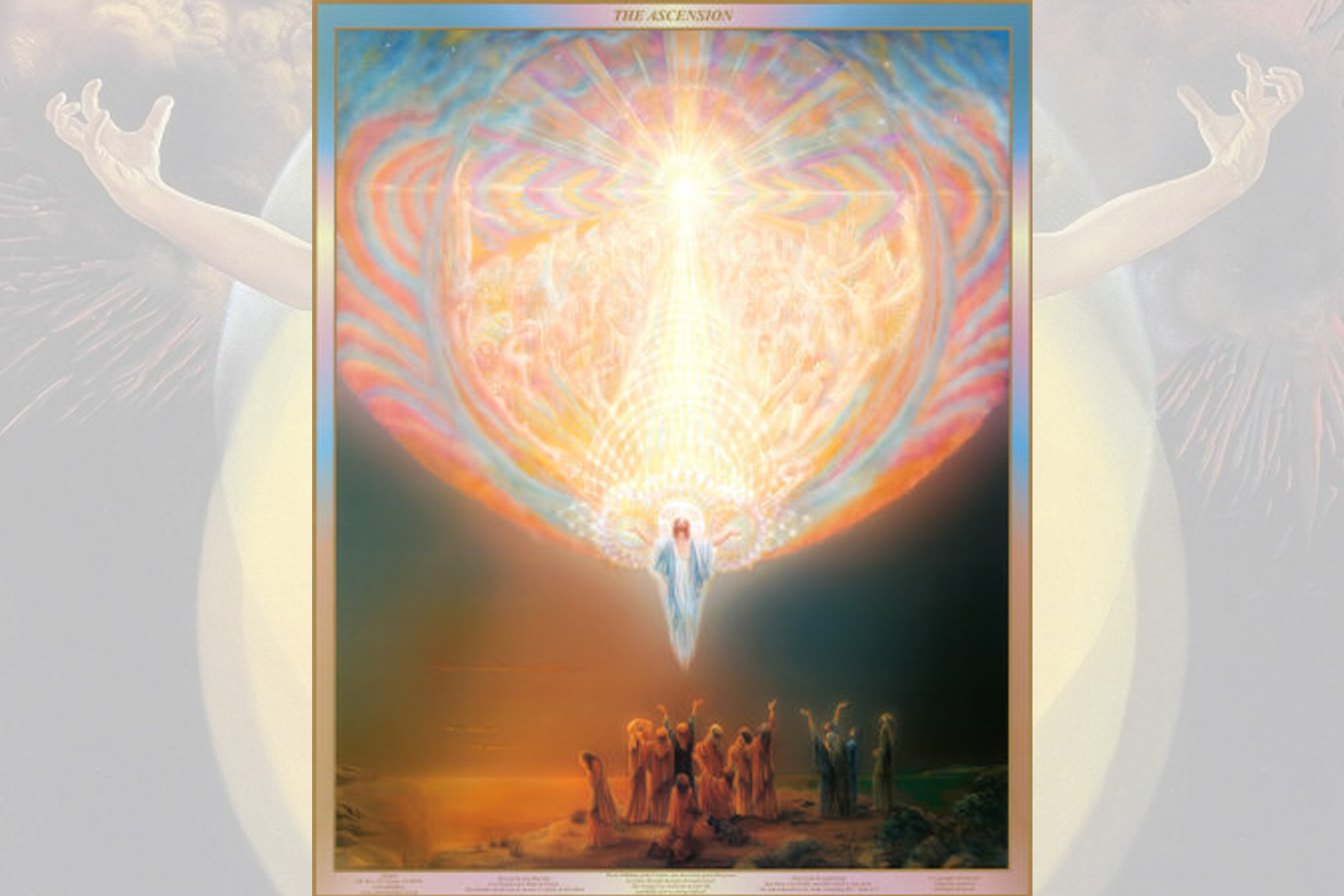Reflections on beatitudes and blessings (themes from Matthew)
The leaf of every tree brings a message from the unseen world. Look, every falling leaf is a blessing. — Rumi SONGS about BLESSINGS: Be Not Afraid by Bob Dufford (Christian): https://youtu.be/BltudBGj8dg?feature=shared The Blessing by Karl Jobe & Cody Carnes (Christian): https://www.youtube.com/watch?v=Zp6aygmvzM4 Blessings by Laura Story (Christian): https://youtu.be/XQan9L3yXjc?feature=shared Blessings on Blessings by The Newsboys (Christian): […]





